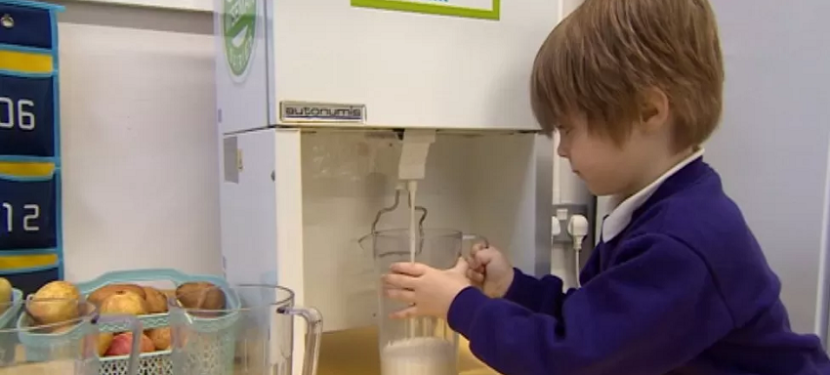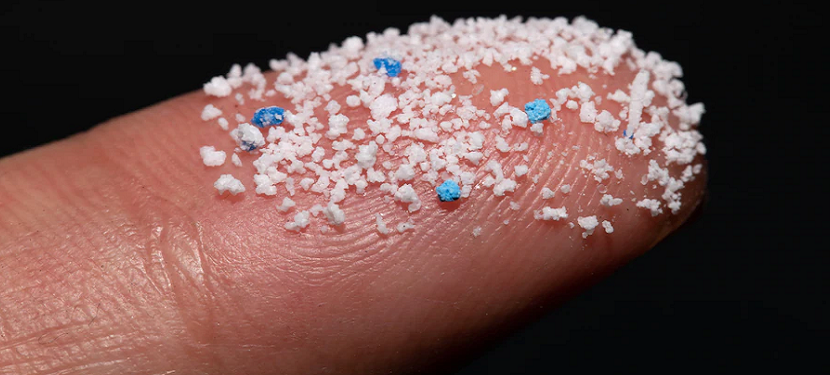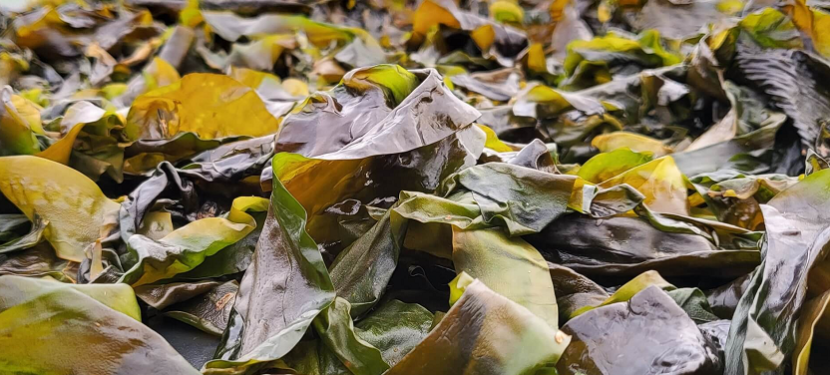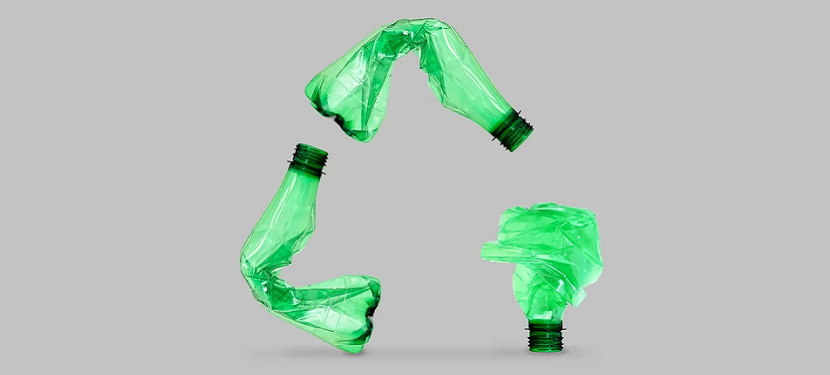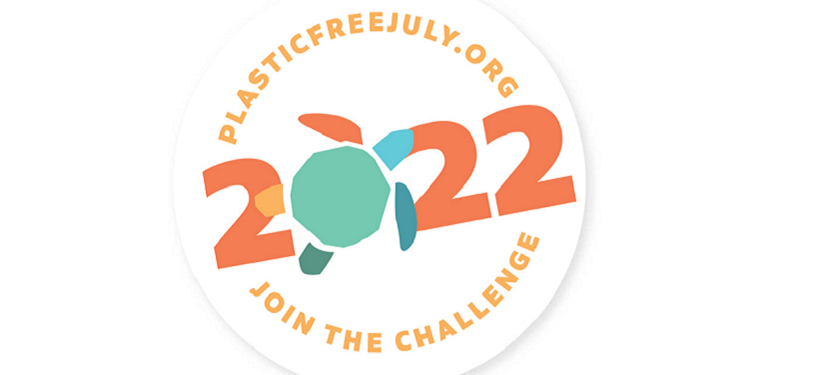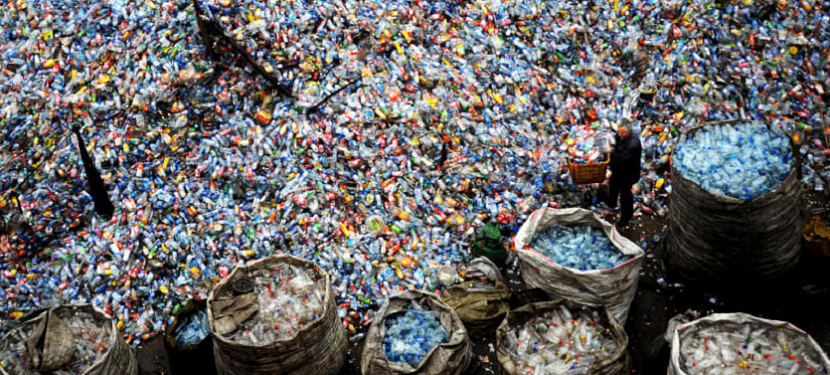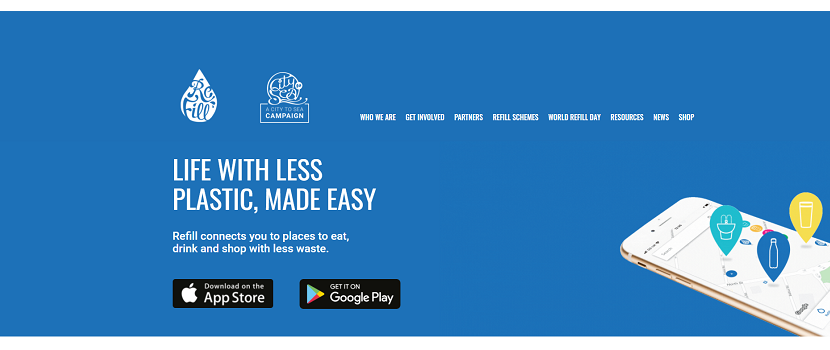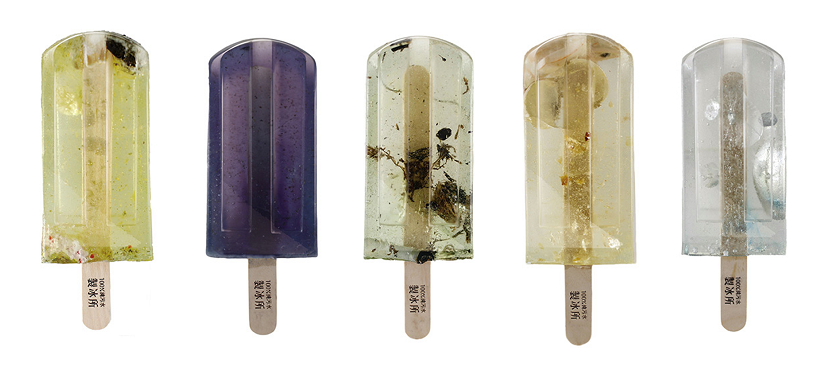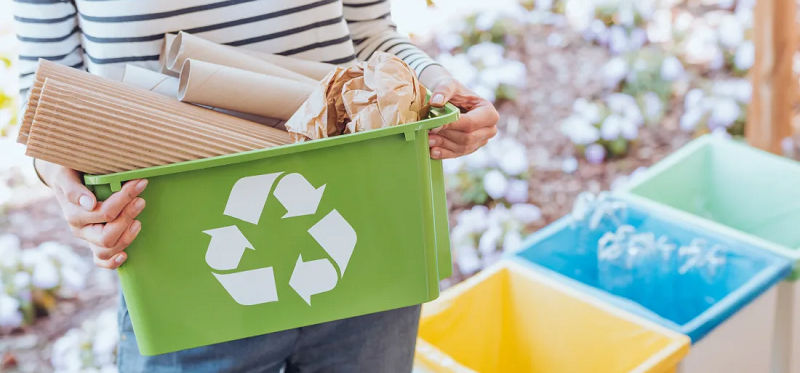Are you looking for some inspiration on what you can do at school to minimise plastic?
Check how a group of primary school children from Bristol (UK) have persuaded their headmaster to install refill machines instead of milk cartons to help the environment. They save around 150 cartons per day, which adds up to about 28,000 a year!
